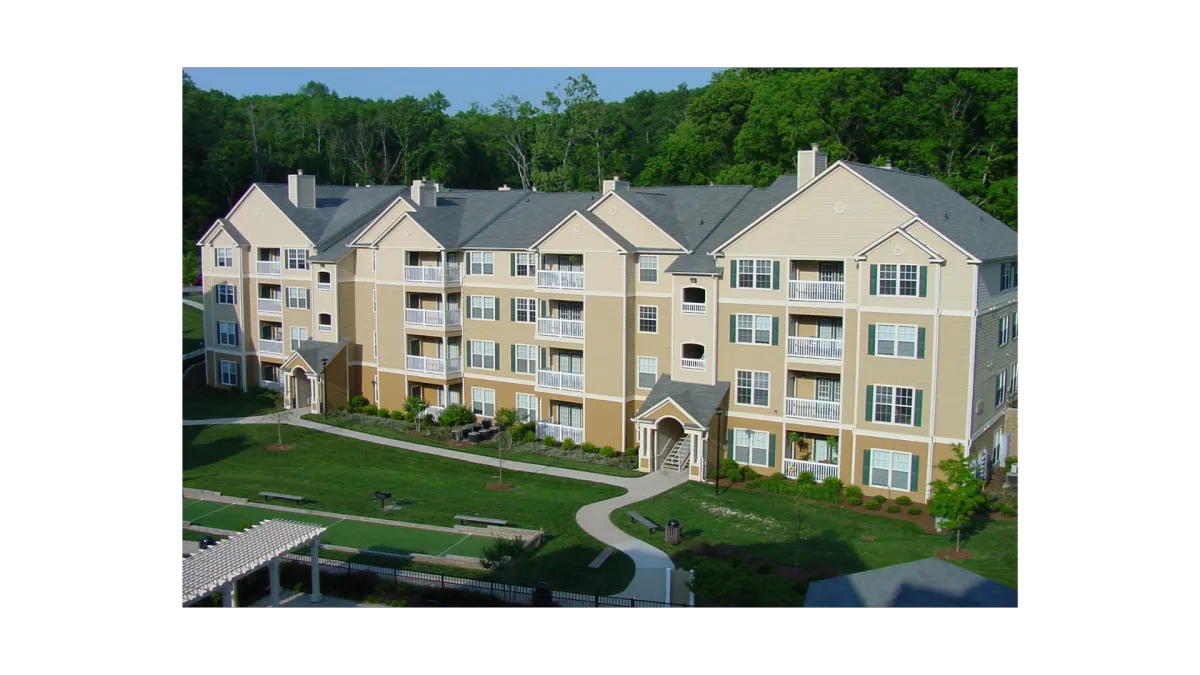
4 Considerations for High Net Worth Individuals with Real Estate Holdings
As a high-net worth individual with a significant amount of commercial real estate in your portfolio, you may have already thought about what will happen to your estate when you pass away. After all, your hard-earned assets deserve to be properly taken care of, and you don't want your loved ones to be left with a complicated mess to sort out.
One common issue that arises when it comes to estate planning for commercial real estate is that the family members inheriting the property may not know what to do with it. They may not have the expertise or interest in managing the real estate, and as a result, they may end up selling it at a discount, resulting in a significant loss of value for the estate.
Another potential problem is that the distribution of the real estate can lead to disputes and even legal fights among family members. Without a clear plan in place, it's easy for tensions to rise and for relationships to be strained. The distribution of assets can often lead to estrangement and even legal battles among family members. To avoid these potential pitfalls, it's crucial to have a plan in place for transitioning your portfolio into more manageable assets.
So, what can you do to prevent these issues from happening and ensure that your commercial real estate is managed and distributed in the way that you want?
Estate Plan
One option to consider is transitioning your portfolio into assets that are easier to manage. It may also make sense to sell some of your commercial properties and use the proceeds to invest in stocks, bonds, or other assets that are less time-consuming and labor-intensive to manage. This can make it easier for your family to handle your estate and ensure that they are able to maximize its value.
This is especially true of individuals with high-touch or specialized assets. Quite often the matriarch or patriarch has built a portfolio of specialized assets and has the skills and talents to handle them, but the family doesn't. For example, mobile home parks are lucrative, but difficult to manage and a challenge to finance and sell. It might make sense to make a plan to transition all of these niche assets into simpler assets as a part of the estate planning process.
Good Legal Advice
Another important aspect of estate planning for high-net worth individuals with large real estate portfolios is to have a clear and legally-binding will. This will ensure that your assets are distributed according to your wishes and can help avoid legal disputes among your heirs. It's also a good idea to regularly review and update your will to ensure that it reflects your current wishes and takes into account any changes in your financial situation or family circumstances.
It's also important to consult with a knowledgeable attorney and financial advisor to help navigate the complexities of estate planning for high-net worth individuals with commercial real estate. By taking the time to plan ahead, you can ensure that your assets are handled in a way that maximizes their value and minimizes potential conflicts among your beneficiaries.
1031 "Packaging"
Another strategy that can be useful in estate planning for commercial real estate is to make use of 1031 exchanges. A 1031 exchange, also known as a like-kind exchange, allows you to defer paying capital gains taxes on the sale of a property if you use the proceeds to purchase a similar property. This can be a valuable tool for managing your estate and preserving its value for your loved ones.
To avoid this situation, it's important to plan ahead and make a clear plan for transitioning your real estate portfolio. One option to consider is using 1031 exchanges, which allow you to defer capital gains taxes when you sell one property and purchase another. This can be a useful tool for relieving your estate of accumulated capital gains. We try use a technique called "Packaging" to put the assets into "buckets" in order to move reposition the portfolio. For example, if the family owns 60 single-family rental homes, we might sell them in three packages of 20 homes each-this would allow the family to perform three 1031 exchanges and defer the capital gains, and get the deal size they need for a solid asset.
Professional Management
However, simply using 1031 exchanges isn't enough. You also need to think about how your real estate holdings will be managed after you're gone. If your children aren't interested in taking over the properties, you may want to consider transferring them to a trust or a professional property management company.
By doing this, you can ensure that your real estate assets will be managed in a responsible and profitable manner, even if your children decide to sell them. This can help preserve your legacy and maximize the value of your estate for future generations.
Conclusion
In the end, it's about taking control of your estate and ensuring that your assets are distributed in a way that aligns with your goals and values. By considering these options and seeking expert advice, you can create a plan that protects your legacy and provides for your loved ones in the most effective way possible.
Let's Connect


